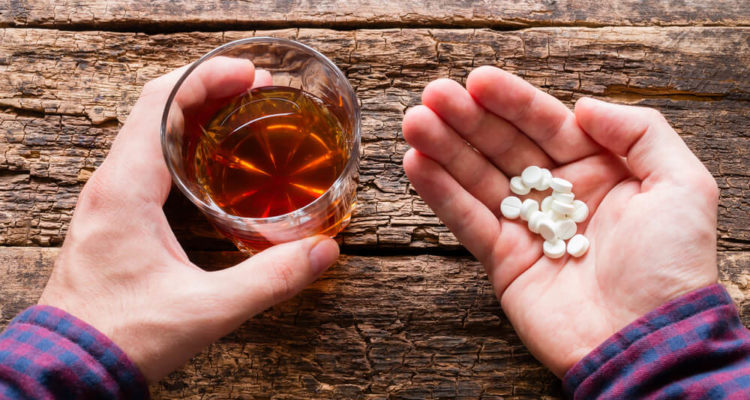
What should not be taken with medicine, experts said
0
Usually patients try to take medication strictly following the instructions or doctor's instructions. At the same time, many people forget about one detail. It is about what a person drinks drugs with. Experts have told which liquids are not suitable for this and can cause unpleasant side effects.
Milk
Among all liquids, milk interacts most actively with medicine. This is due to the fact that caseinogen protein, dissolved in the form of a calcium salt in the liquid part of milk, turns into insoluble calcium caseinate during contact with gastric juice. This element binds many medicinal substances, which reduces their absorption and effectiveness. In addition, when drinking milk, absorption of tetracycline antibiotics decreases by 20-80%.
However, some drugs, on the contrary, need to be drunk with milk. These are NSAIDs butadione, diclofenac, indomethacin, glucocorticosteroids prednisone, dexamethasone, reserpine, as well as vitamin D and other fat-soluble vitamins (A, E, K).
Tea
This popular drink contains tannin and caffeine, which easily interact with various medications. For example, papaverine alkaloids, platyphyllin, reserpine, neuroleptics aminazine and haloperidol are absorbed worse when drinking tea.
Coffee
Coffee can increase the risk of side effects in combination with euphylline, theophylline, theobromine, as well as broncholytic agents from the group of adrenomimetics. In addition, coffee enhances the effect of diuretics and insulin, so it can cause an overdose of these drugs. Also, with regular coffee consumption, the effectiveness of sedative drugs decreases. It is not recommended to combine coffee with taking anti-ulcer drugs, cardiac glycosides, iron preparations.
Sweet carbonated water
These drinks contain iron and calcium ions, which form sparingly soluble complexes with azalides, macrolides, tetracyclines and lincosamides. This reduces their effectiveness.
Juices
One of the most dangerous products in combination with medicine is grapefruit juice. It suppresses the enzymatic activity of the liver, and also slows down the metabolism, which increases the risk of overdose. It is noted that it is better to exclude grapefruit juice for the entire duration of treatment. In general, experts recommend abandoning most juices during treatment with drugs, as they have a negative effect when taking various types of drugs.

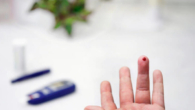

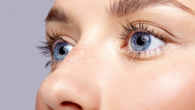

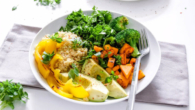
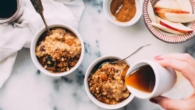
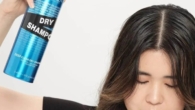

Leave a Reply